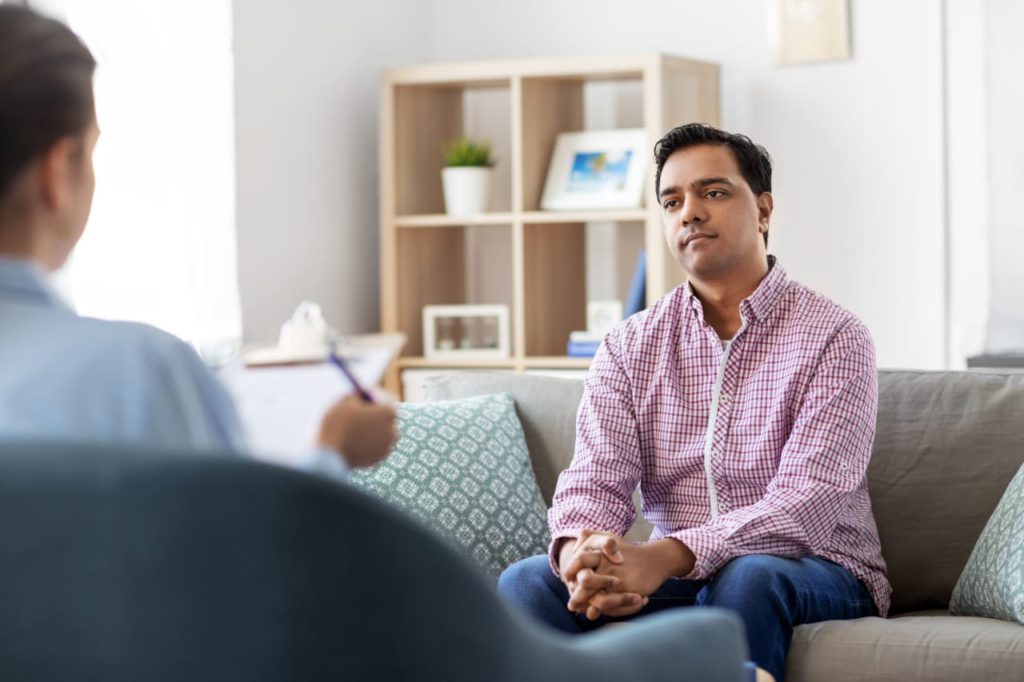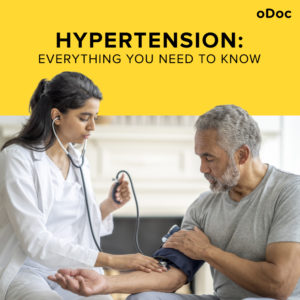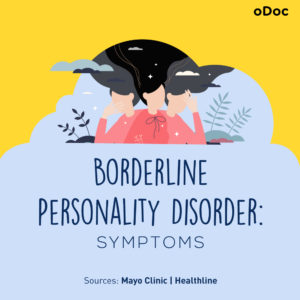
How to Keep Work Stress from Taking Over Your Life
How to Keep Work Stress from Taking Over Your Life In today’s fast-paced and competitive world, work stress has become an all-too-common problem that affects

Seeking out professional help to discuss emotional issues, be it relationship conflicts, job stresses or strong feelings of depression, is still stigmatized heavily in Sri Lanka. The taboo around therapy is immense and the hushed preconceived notions towards people who seek out therapy heavily deters people from prioritizing their mental health.
With the heavy stigma surrounding therapy, many misconceptions and myths about therapy have arisen and we’re here to give you the facts!
1. Therapy is only for “crazy” people or those who have been diagnosed with a mental disorder
Untrue. The typical person who goes to therapy struggles with many of the same issues that we all struggle with on a daily basis; self-doubt, self-confidence, work stress, relationship conflicts, life transitions, loneliness, depression and anxiety. Therapy is more than just treatment; it is a journey of personal growth and overcoming challenges.
Your therapist helps you develop healthy coping mechanisms when dealing with stressful situations so you can live a happier, more productive life.
2. Going to therapy is considered a sign of weakness.
Untrue. In a culture like ours, seeking help is often equated with weakness as we’ve been forced to believe that we can and should fix all our problems ourselves. In reality, acknowledging that we are not okay and asking for help shows great strength and courage. We don’t consider having a fever, breaking a bone, or getting acne as weaknesses and speaking to specialist doctors about such issues as failures. The same should be true for our mental health, be it stress, anxiety, addiction or any other obstacle that’s hurting us.
3. The doctor prescribes “crazy pills”
Untrue. Many forms of therapy start off with talk therapy and this may serve as your primary method of treatment. Depending on your specific issues, your doctor may prescribe medication which can play a part in helping you become healthier. If a doctor diagnoses a mild case of depression, for example, and believes that this may be short lived, they tend to stay away from prescribing antidepressants and focus on other forms of treatment such as counselling and lifestyle changes.
Both talk therapy and medication are effective ways of treating a range of mental health conditions. Your doctor will consider factors, including your symptoms, severity of symptoms, past experiences, and both you and your doctor can decide on the type of treatment that best suits you and helps your recovery process.
4. “I don’t need to speak to a therapist, I have my family and friends”
While having strong relationships with family and friends is an influential part of mental health, they don’t necessarily solve specific emotional problems. There is a difference in confiding to a loved one versus speaking to someone who is professionally trained in listening, problem-solving and providing objective, non-biased guidance to improve your well-being.
5. If you wait a little while, you will feel better soon
When experiencing emotional pain, we are conditioned to wait for it to go away on its own or suppress our feelings and try to continue with life as usual. Just like a cavity needs dental treatment sooner rather than later and chest pain needs to be discussed with a cardiologist immediately, our emotional trauma needs to be addressed with and given treatment, be it through regular counselling and if necessary, medication.
Seeking professional help from mental health professionals is a brave first step to recovery. You can get in touch with psychiatrists, counsellors or psychologists on the oDoc app who provide a safe space for you to talk about your feelings. You can even purchase an oMind subscription package which gives you unlimited access to mental health professionals so you have a doctor by your side, always.
References:

How to Keep Work Stress from Taking Over Your Life In today’s fast-paced and competitive world, work stress has become an all-too-common problem that affects

Hypertension: Everything You Need to Know Hypertension, commonly known as high blood pressure, is a chronic medical condition that affects a significant portion of the

Understanding Borderline Personality Disorder: Symptoms, Causes, and Treatment. Borderline Personality Disorder (BPD) is a mental health disorder characterised by instability in mood, behaviour, and relationships.
Get the latest health tips delivered straight to your inbox!